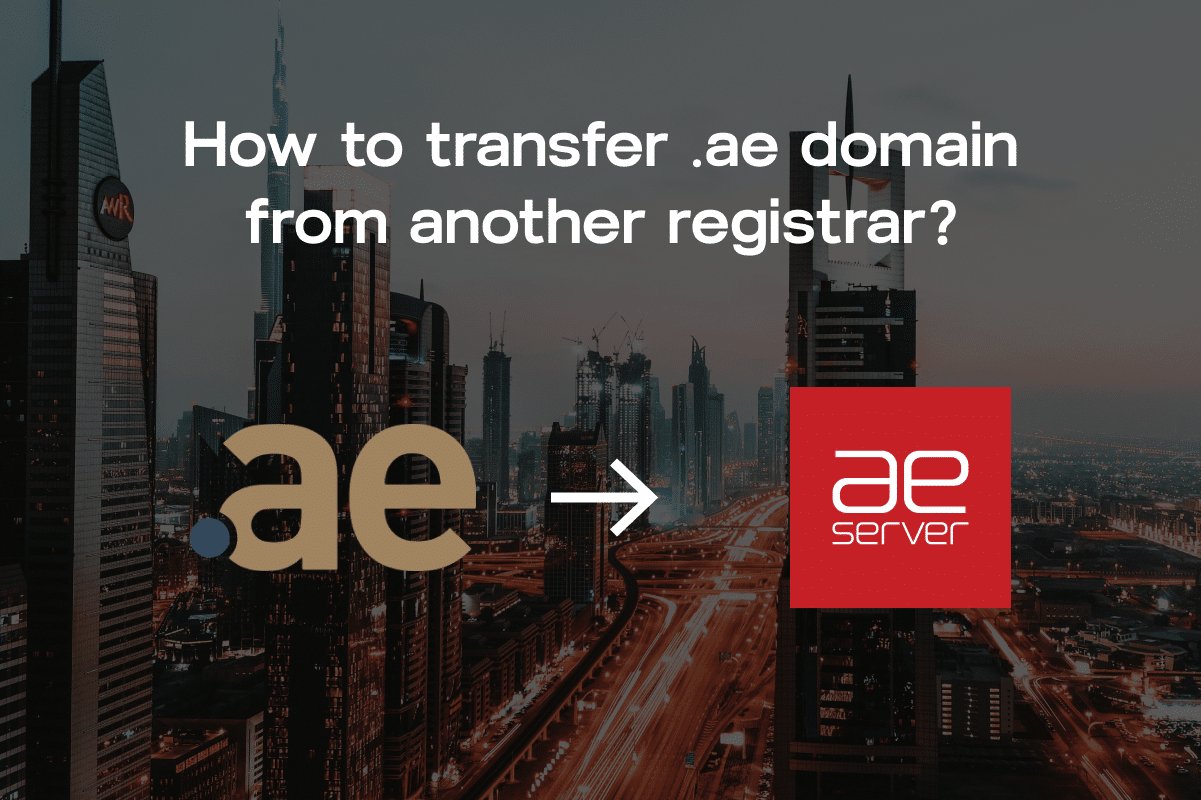
Ways to Find Domain Name Owner
Seeking the holder of a host identifier is a common task for various reasons. Among them are business negotiations, legal matters, or simply out of curiosity. It serve as unique identifiers for websites on the internet. It is their ownership information that is typically a matter of public record. Identify a domain name owner depending on some factors. Among them are privacy protection services and the registrar’s policies. They can vary in complexity. In this guide, we’ll look at the different methods and tools you can use to find domain owners. We prepare information about utilizing WHOIS databases and employing online domain lookup tools.
Also, it is about understanding the domain registration process. Dealing with privacy protection services, we will cover a range of approaches. This way, we help you successfully uncover the particular domain name owner. Remember that the availability and accuracy of information may vary. Specific legal and ethical considerations exist when attempting to get domain owner data.
What is a Domain Name Owner?
URL address owner is an individual, organization, or entity. That holds the rights to a specific domain name on the internet.
- A host identifier serves as a human-readable address that helps users locate websites on the World Wide Web. These names are typically associated with a numeric IP address. Also, the DNS facilitates the translation between URL names and IP patents.
- The domain name owner is the entity that has registered the domain through a domain registrar. When someone establishes an online presence, they choose and write a URL address. That reflects their identity, brand, or website’s purpose.
- The information about a holder is typically stored in a publicly accessible WHOIS database. Due to privacy concerns, some owners use URL privacy protection services provided by registrars. They do it to shield their personal information from being publicly displayed in the WHOIS database.
Who owns a domain is a piece of necessary information.
Why is it Important to Find a Domain Name Owner?
Finding a URL address holder can be important for various reasons. They include legal, business, and informational purposes. Here are some common scenarios where domain owner lookup is crucial:
Legal Matters:
- Trademark Issues: Knowing the owner of a domain can be essential for legal proceedings.
- Cybersquatting: Identifying the holder is crucial when dealing with cybersquatting cases. There, someone registers a domain to profit from the goodwill of a trademark or brand.
Website Issues:
- Unauthorized Use: A web page name is necessary for malicious or unauthorized activities. This way, identifying the owner can aid in taking appropriate actions. Among them are reporting abuse or filing complaints.
- Content Disputes: Resolving disputes related to content on a website. Especially if it involves copyright infringement or defamatory material. It may reach out to the domain holder.
Technical and Administrative Reasons:
- Technical Support: Finding domain owners for technical support can be helpful. Also, for troubleshooting issues related to the website.
- Administrative Contact: The holder’s information is crucial for administrative purposes. Among them are updating registration details and renewing the domain. Also, resolving technical issues with domain registration.
It can be crucial to find a domain owner in these situations. It’s important to approach such inquiries with respect for privacy and within the bounds of legal considerations.

What is WHOIS?
It is a widely used internet protocol. The database provides information about domain name registrations and their owners. “What is WHOIS database?” comes from the question, “Who handles this domain?” This system serves as a publicly accessible database. That contains details about registered website names. They include information about the domain name owner, registrar, the registration, and end dates. Also, it is the URL’s DNS servers.
Critical information in a typical WHOIS record includes:
- Domain Holder Information:
Name of the domain owner (registrant);
Contact details, including email address, phone number, and mailing address.
- URL Registration Details:
Registrar’s name;
Registration date.
- DNS:
There is a relationship between authoritative DNS servers and the URL.
- URL Status:
Whether the domain is active, on hold, or has expired.
WHOIS information is often available through lookup tools provided by URL registrars. These services mask the domain name owner’s personal information in publicly accessible records. They are replacing it with generic contact information. It helps protect the privacy of individuals and organizations that own URL names. It also means that obtaining accurate ownership details might be more challenging in some cases.
How WHOIS Helps in Identifying Domain Owners
WHOIS lookup is a valuable tool for identifying domain owners. Also, obtaining information related to URL registrations. Here’s how it helps in this process:
- Contact Information:
WHOIS records contain the domain holder’s contact information. This is crucial for identifying and reaching out to the person or organization with a particular domain. - Registrar Information:
WHOIS records include details about the domain registrar responsible for registering the domain. It can help understand the domain’s registration process and get more information about the owner. - Technical and Administrative Contacts:
Besides the URL holder, WHOIS records provide details. They are about technical and administrative contacts associated with the domain. This information helps resolve technical issues, handle administrative matters, and contact relevant parties.
They use WHOIS lookup tools available on domain registrar websites or third-party services. Users can enter a domain name to retrieve the associated information. It’s important to note the effectiveness of this lookup in identifying domain owners. They may vary based on the registrar’s policies and whether privacy protection services are in place.
Tools and Websites to Find Domain Owners
Finding domain owners is a common task for various reasons. They range from legal matters and business negotiations to general research. Several tools and websites are available that ease the process of identifying the owners of specific domain names. They leverage the WHOIS database and other sources to provide details about domain registrations. We will introduce you to widely used tools and websites to help you find domain owners. Keep in mind the availability and accuracy of information. It may vary based on factors such as privacy protection services and the policies of domain registrars. Let’s explore the essential tools and websites for domain owners’ lookup.
WHOIS Lookup Tools
Several tools allow you to search for domain registration information. Here are some popular ones:
1. ICANN WHOIS:
Website: ICANN WHOIS
Description: The official WHOIS lookup tool provided by the ICANN. It allows you to search for URL registration information.
2. Domain Registrar WHOIS Lookup:
AEserver WHOIS Lookup Tool
3. Third-Party WHOIS Services:
WHOIS.net:
Website: WHOIS.net
Description: WHOIS.net is a third-party WHOIS lookup service. That allows you to search for domain registration information.
4. MX Toolbox WHOIS Lookup:
Website: MX Toolbox WHOIS Lookup
Description: MX Toolbox provides a variety of network and domain-related tools, including a WHOIS lookup tool.
5. DomainTools:
Website: DomainTools
Description: DomainTools is a comprehensive platform. It offers WHOIS lookup, domain search, and other domain-related information. While some features are free, more detailed information may require a subscription.
6. WHOIS XML API:
Website: WHOIS XML API
Description: WHOIS XML API provides a WHOIS lookup service and other domain-related data services. It offers a variety of subscription plans.
When using WHOIS lookup tools, remember that info availability and accuracy depend on several factors. Among them are domain registrar’s policies and whether privacy protection services are in place. Additionally, adhere to legal and ethical considerations when using these tools.
Domain Search Engines
They help you explore and find information about domain names. They often provide more than WHOIS lookup services. They may include features such as domain availability checks and historical data. Also, related domain suggestions. Here are some domain search engines:
- DomainTools: They are a comprehensive platform. That provides WHOIS lookup, domain search, and other domain-related information. While some features are free, more detailed information may need a subscription.
- SecurityTrails: They offer a range of domain-related tools. They include WHOIS lookup, DNS history, and domain search capabilities.
Consider each tool’s specific features and whether they meet your needs when using such engines. Be aware of any limitations on free access and explore subscription options if you need more advanced capabilities. Always adhere to legal and ethical considerations when using these tools.
Legal and Ethical Considerations
Using tools and methods to find domain owners or get info about web names is crucial to be aware of and adhere to legal and ethical considerations. Here are some essential points to remember:
- Privacy Laws:
GDPR: It has strict rules about collecting personal data. If a URL owner is an individual residing in the EU, you must follow GDPR when handling their personal information.
- Terms of Service and Policies:
Domain Registrar Policies: They may have varying terms of service and policies. They are about the disclosure of WHOIS information. Ensure that your use of WHOIS lookup tools complies with the policies of the relevant registrar.
- Legal Recourse:
Legal Channels: Consider legal channels if you encounter difficulties or need more information. Also, you may involve law enforcement or pursue legal actions through appropriate authorities.
Always remember that accessing and using domain ownership info comes with responsibilities.
Other Indirect Methods
Some indirect methods and strategies gather information about URL holders. These approaches may not directly reveal the owner’s identity. They can provide contextual insights and lead to further investigations. Here are some indirect methods:
Website Contact Info:
- Contact Pages: Explore the target website for contact pages, “About Us” sections, or “Contact Us” information. Some domain name owners may provide direct contact details on their websites.
- Social Media Links: Check for links to social media profiles on the website. Social media platforms often display contact information. They provide messaging options to communicate with the website holder.
Reverse IP Lookup:
- Identify Shared Hosting: Use a reverse IP lookup tool to identify other domains hosted on the same server. It can reveal related websites or networks that might share ownership details or provide more context.
Remember that these indirect methods may vary in effectiveness. They are contingent on the level of publicly available information. It’s essential to approach these strategies ethically, respecting privacy and legal boundaries.
AEserver’ Verdict
Finding domain owners is a multifaceted process involving direct and indirect methods. While such tools and URL search engines offer immediate insights, indirect approaches. Among them are exploring website content, historical data, and online networks. It can provide valuable context. Respecting legal frameworks, privacy considerations, and ethical standards is paramount throughout these investigations.



